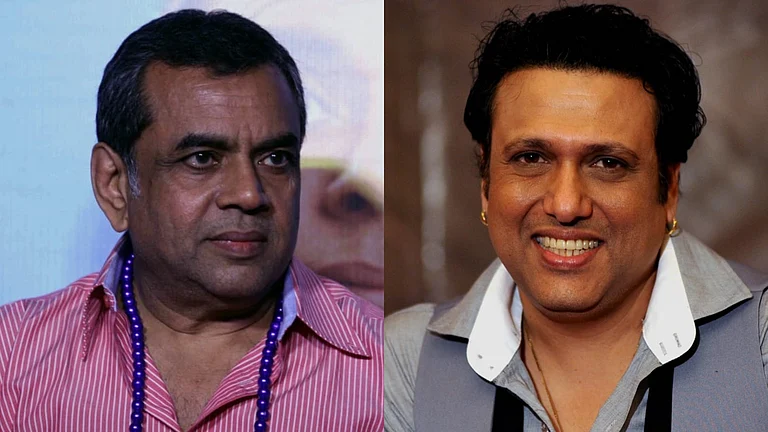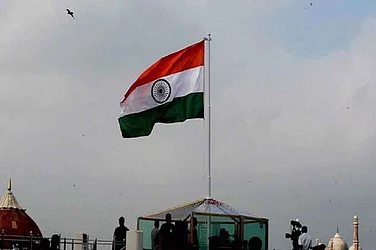In a unique development during the ongoing survey by the Archaeological Survey of India (ASI) at the Gyanvapi Mosque complex in Varanasi, lawyer Sudhir Tripathi, representing the Hindu side, shared that not idols but remains of fragmented idols have been discovered in the debris. This discovery has sparked hope that further exploration may lead to the recovery of ancient idols shedding light on the historical significance of the site.
The survey, primarily focused on the wuzu khana (ablution area) and the area where Muslims offered prayers, resumed on Saturday to ascertain whether the 17th-century mosque was constructed over a pre-existing structure of a Hindu temple. The ASI team carefully carried out imaging and mapping in the central dome of the mosque complex as part of their day-long investigation, according to media reports.
The legal proceedings surrounding the ASI survey have seen significant attention, with the Supreme Court declining to stay the Allahabad High Court's order for the investigation. The Muslim side expressed concerns that the survey might reopen old wounds. In response to these apprehensions, the apex court issued instructions for the ASI team to refrain from using invasive techniques during the survey, aiming to balance the interests of all parties involved.
During the day-long survey, the ASI team made a noteworthy entry into the basement, currently under the possession of the Vyas family, leading to heightened anticipation about what further discoveries may be unveiled.


























